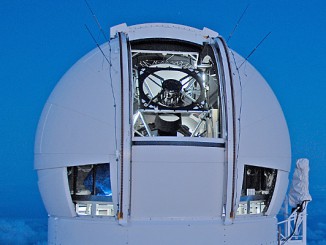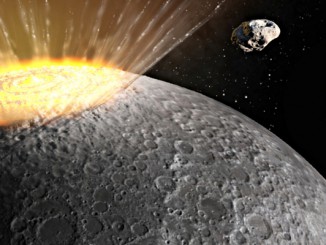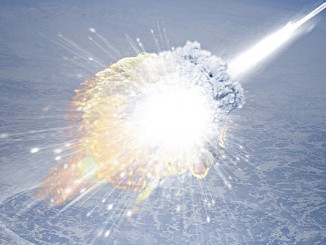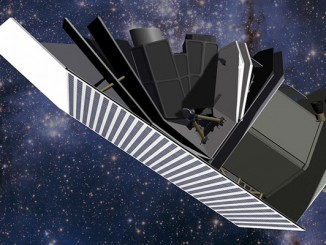
NASA office to coordinate asteroid detection and hazard mitigation
NASA has formalised its ongoing program for detecting and tracking near-Earth objects (NEOs) as the Planetary Defense Coordination Office (PDCO). The office will be responsible for supervision of all NASA-funded projects to find and characterise asteroids and comets that pass near Earth. It will also take a leading role in coordinating efforts in response to any potential impact threats.




